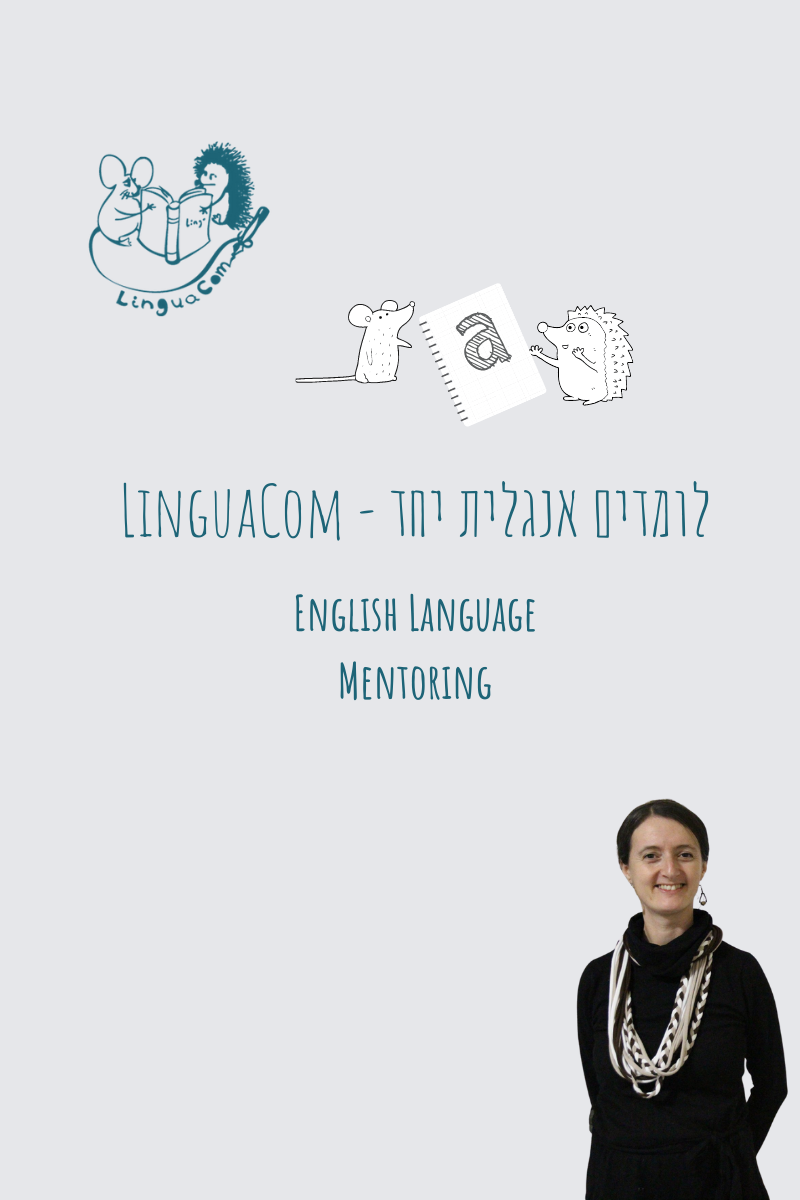Recently, a colleague on Twitter has asked me about the best way to learn a language. This made me formulate my thoughts, and conclude the following (I am going to self-quote):
"As a translator, teacher and a traveller I often encounter language-related issues. In my opinion, there is no best way to learn a language. In fact, what is a language? Is it a collection of words? Can it be described as a system of structures? Language is everything and everywhere. Knowing a language involves not only a vast knowledge of vocabulary and an ability to apply correctly a set of grammar rules, but also communication skills, cultural background, basic and professional knowledge, etc. Therefore, I would rephrase the above question: what is the best way to learn? We don't need to go deep into psychological theories in order to say that there is no right answer. One's personality type, cognitive abilities and individual interests dictate the unique and the most effective way to learn. I have different "relationships" with different languages, mostly based on my personal experiences with them. I beleive that excitement and strong interest to a certain subject encourage learning a language".
...
To add to this discussion, I can also say that another great way to learn and understand a language is teaching. I have a little diary where I write down all the interesting thoughts that my students have brought up. Sometimes they are just funny utterings, but sometimes I come across some really deep ideas worth pondering.
I would be happy to share some sayings from my collection and get feedback, be it your own thoughts or examples from your collection.
"As a translator, teacher and a traveller I often encounter language-related issues. In my opinion, there is no best way to learn a language. In fact, what is a language? Is it a collection of words? Can it be described as a system of structures? Language is everything and everywhere. Knowing a language involves not only a vast knowledge of vocabulary and an ability to apply correctly a set of grammar rules, but also communication skills, cultural background, basic and professional knowledge, etc. Therefore, I would rephrase the above question: what is the best way to learn? We don't need to go deep into psychological theories in order to say that there is no right answer. One's personality type, cognitive abilities and individual interests dictate the unique and the most effective way to learn. I have different "relationships" with different languages, mostly based on my personal experiences with them. I beleive that excitement and strong interest to a certain subject encourage learning a language".
...
To add to this discussion, I can also say that another great way to learn and understand a language is teaching. I have a little diary where I write down all the interesting thoughts that my students have brought up. Sometimes they are just funny utterings, but sometimes I come across some really deep ideas worth pondering.
I would be happy to share some sayings from my collection and get feedback, be it your own thoughts or examples from your collection.



